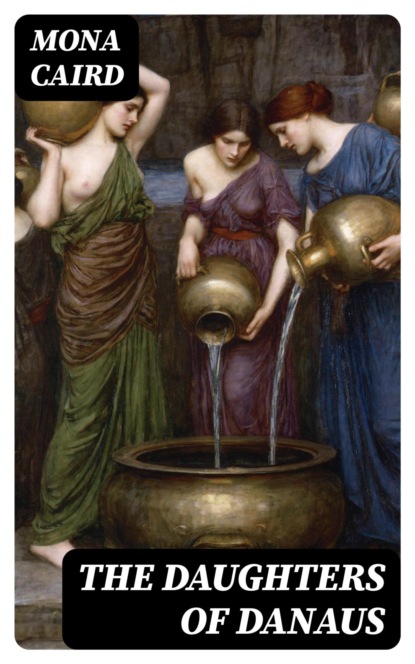Umfang 560 Seiten
0+
Über das Buch
In «The Daughters of Danaus,» Mona Caird intricately weaves a narrative that scrutinizes the constraints of women's roles in late 19th-century society. The novel, suffused with rich symbolism and psychological depth, delves into themes of female empowerment and societal expectation. Caird employs a lyrical, evocative style that enhances her critique of marriage and patriarchy, framing her characters' struggles in a broader sociocultural context of women's suffrage and the burgeoning feminist movement of the era. Through detailed characterizations and poignant dialogues, Caird paints a vivid picture of the internal and external conflicts faced by her protagonists. Mona Caird, an early feminist and advocate for women's rights, was profoundly influenced by her own experiences and the societal norms of her time, which is reflected in her writing. Born in 1854, Caird's advocacy for gender equality and critique of marital conventions is illustrated in her narratives, as she sought to challenge and redefine the parameters of womanhood. Her literary contributions often resided at the intersection of social critique and personal narrative, providing her with a unique vantage point that resonated deeply with the growing feminist discourse of her lifetime. For readers invested in the evolution of feminist literature, «The Daughters of Danaus» is an essential text that not only illuminates the struggles of its characters but also serves as a reflection of the broader societal transformations regarding women's rights. Caird's incisive exploration of identity and autonomy underscores the relevance of her work today, making this novel a compelling read for anyone interested in the intersections of gender, society, and literature.
